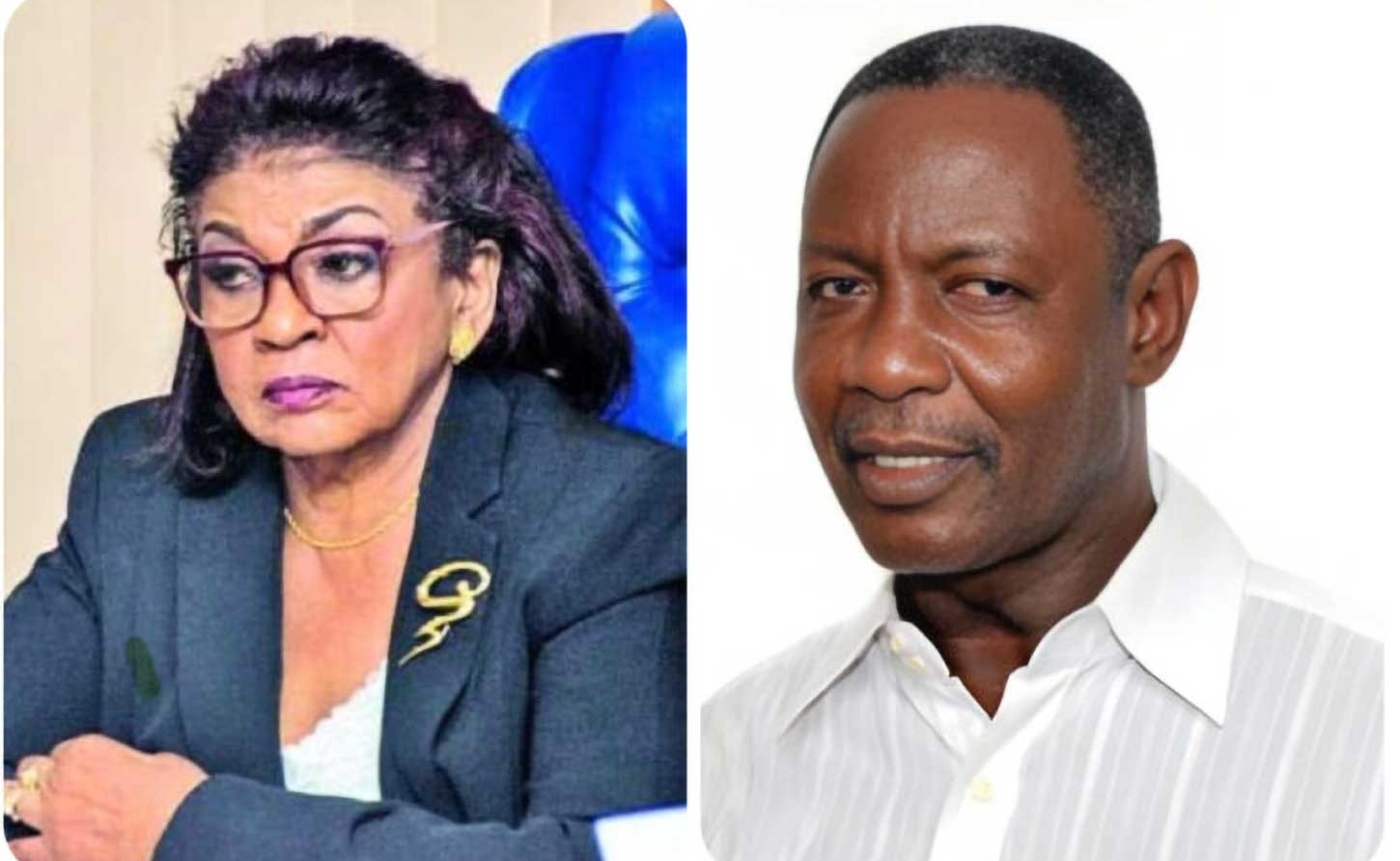GUYANA | Legistion needed to introduce biometrics says GECOM, Lewis Agrees

Georgetown, Guyana, January 29, 2025 - This morning, the Guyana Elections Commission (GECOM) admitted that while the integration of biometric voter identification into the electoral process is technically feasible, it requires legislative action to make it a reality, even as the agency made a case that this may be unconstitutional.
GECOM’s Chief Elections Officer, Vishnu Persaud, in a release, highlighted the advantages of biometric fingerprint identification, noting that it could significantly reduce voter fraud, improve voter accuracy, and enhance security. However, the feasibility study also identified a host of challenges, including technical and operational difficulties, data security concerns, legal and ethical dilemmas, cost considerations, and issues of inclusivity and public confidence.
In response to GECOM’s statement, veteran trade unionist and General Secretary of the Guyana Trades Union Congress (GTUC), Lincoln Lewis, strongly disagreed with any notion that biometrics cannot be implemented. Lewis called out GECOM’s leadership, stating that the only obstacle to biometric adoption was the lack of political will and the commission’s failure to prioritise the rights of Guyanese citizens to a free, fair, and transparent election process.
“For GECOM to admit use of biometrics could enhance voter integrity yet find reasons to say it may not be possible before the next elections is an insult to the people of Guyana,” Lewis said, emphasising that biometric identification is not a choice but a necessity.
He pointed to Guyana’s history of election-related fraud and GECOM’s complicity in questionable practices. “Biometrics is the solution to eliminate voter fraud, especially in the politically hostile environment we face, where accusations of rigging are constant. This is the only way forward,” Lewis asserted.
He referenced past instances, such as the 2006 and 2011 elections, where GECOM was accused of unfair practices, underscoring the urgency of securing elections with biometric technology. In the 2006 Elections, GECOM awarded the People’s Progressive Party (PPP) an Alliance for Change’s (AFC) seat, and in 2011 Elections, GECOM attempted to steal another seat for the PPP were it not for the vigilance of Opposition-nominated Commissioner Vincent Alexander.
Addressing concerns about costs, voter education, and public trust, Lewis argued that these challenges are not insurmountable. “The budget for GECOM this year has been significantly increased to $237 million. If more is needed, the state must step in. It’s time to invest in a system that ensures credibility and fairness,” he declared.
He added that the responsibility for election readiness rests with GECOM, as outlined in Guyana’s laws, and that GECOM must take steps to ensure it is prepared before triggering the electoral process.
Lewis also called on GECOM Chair, Ret’d Justice Claudette Singh, to rise above partisan interests and work for the good of all Guyanese, particularly to safeguard the fundamental principle of “one person, one vote,” which he reminded it was the trade union movement in 1926 that started the struggle for it. Lewis said the nation can readily recall the landmark 2020 court ruling affirming GECOM’s authority to create new rules (law) as seen with Order 60/2020.
“If GECOM claims it cannot implement biometrics before the next election, they must immediately recommend the necessary legislative changes to both the Government and Opposition,” Lewis urged.
He pointed to discrepancies in the voter list as a glaring sign of the need for biometric solutions. “From 718,000 registered voters in mid-2024, the Preliminary Voters List for January 2025 has swelled to 735,000. This is a nation with a population of approximately 780,000!” he said.
As the pressure mounts, Lewis emphasised that Guyanese must demand their right to credible elections, warning that the time for excuses had passed. “If elections have to be delayed to get it right, then so be it,” he declared. “In 1990, leaders from both sides of the political spectrum put country before party to enact electoral reforms. It’s time for that same unity again.”
Lewis was referring to then President Desmond Hoyte and Opposition Leader Cheddi Jagan who agreed to a menu of measures, including legislative action, to bring about electoral reform.
The trade unionist concluded with a call for vigilance, urging citizens not to relent in their demand for fairness: “We cannot grow weary or slow up in this fight. The struggle for free and fair elections is far from over. We must continue to hold GECOM accountable and ensure that the people of Guyana get the elections they deserve.”
-30-
